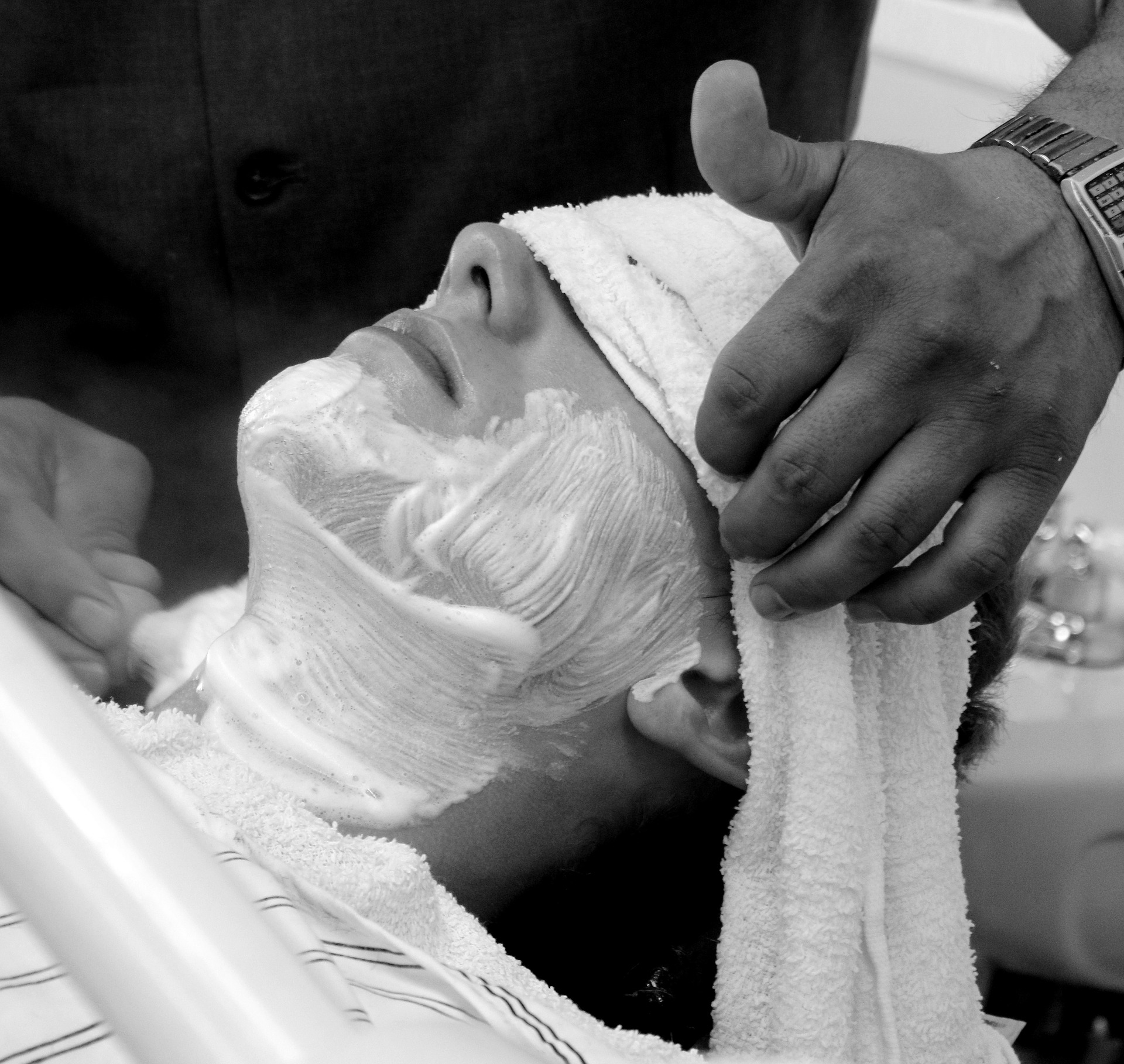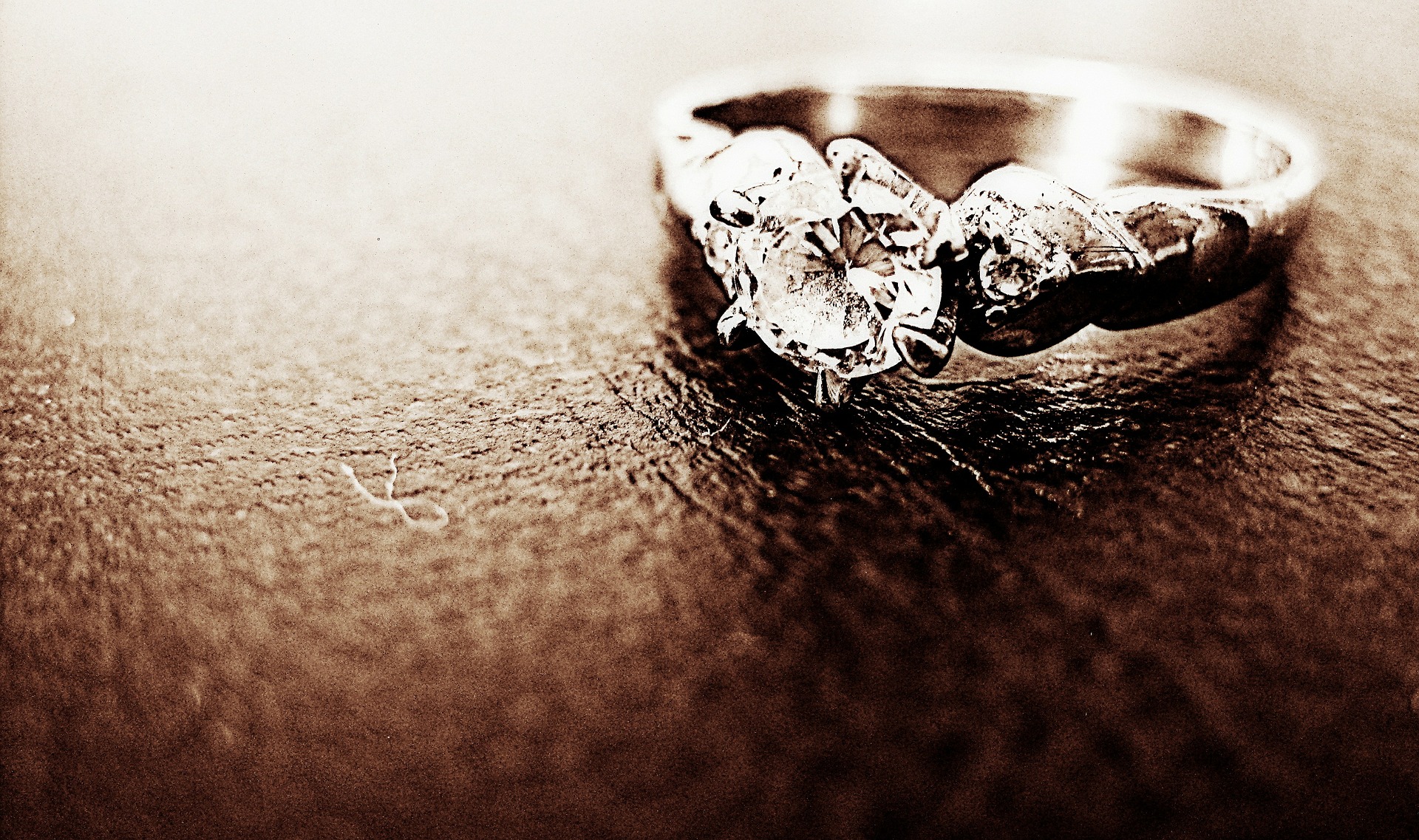I remember the first time I watched The Little Mermaid. At the time of its release, I was just beginning to assert my independence and insist that I was “too old for baby movies.” Nevertheless, I spent countless childhood summers trying to perfect the Ariel hair flip, jealous of my girlfriends with longer hair and access to pools in which to practice. As a college student, I took a formative class called The Disneyfication of America in which I wrote an essay from a feminist perspective on the shamefulness of a film that taught a generation of women to give up their voice for a chance at love. My fascination with the film and the lessons therein has not waned through adulthood. Today the fear elicited by powerful women gifted with both voice and beauty is a tidal wave presenting challenges in businesses from sea to sea. But the message that love (or at least a quality mate) is a crowning achievement is still a powerful undertow felt by many women.
Here’s the equation that has held true for centuries.
-
Males compete with other men (using strength as their main weapon) for status.
-
Females compete with other women (using beauty as their main weapon) for mates.
 Males have long used physical dominance as an indicator of status to win mates Source: RyanMcGuire/Pixabay
Males have long used physical dominance as an indicator of status to win mates Source: RyanMcGuire/Pixabay
We may have altered some of our methods—competition between men has moved from direct fist fights and warfare to resumes and degrees and bank accounts—but the underlying principles have long remained unchanged. This is Bateman’s Principle: Females are typically limited in their lifetime reproductive success only by a lack of resources (ergo they pursue mates who can bring these), while males are limited by a lack of access to mates (as such tacquireuire as many resources as possible to be attractive to said mates.
The rules of nature are such that females traditionally dominate the power of mate selection. In other words, women are the “picky” or “selective” gender and must be impressed with a male in order to mate. Biologically, this boils down to females having lower variance in their abilities for lifetime reproductive success. The concept, is based on the high energetic investment a woman must put into reproduction (gestation, lactation, etc.) versus a man’s biological and energetic investment, which by comparison is quite minimal. Because it’s “cheaper” for a man to reproduce, he will seek more opportunities to do so. The catch is that only the highest quality men will be hugely successful, while the majority of men will have little or no success because females have far more to lose from selecting a “poor-quality” reproductive partner.
The same does not hold true when men are selecting female partners. Even “low-quality” females will have the opportunity to mate, because for males, the cost of mating is a very low energetic investment.
 A bar is one of the greatest “field sites” to observe human behaviors at their core Source: RondellMelling/Pixabay
A bar is one of the greatest “field sites” to observe human behaviors at their core Source: RondellMelling/Pixabay
To see these behaviors unfold in a modern context, all you have to do is spend an evening making observations at a bar. Chances are, no matter how “high-” or “low-quality” a female is, she will be able to take a home a man willing to have sex with her that night. The same does not hold true for a man. Such behaviors were highlighted in a creative study by Tappé et al. (2013), in which a significant gender discrepancy in a willingness to have sex with a stranger was demonstrated.
Women have long been the drivers of mate choice and, by proxy, the driving force for male competition around resource acquisition. That’s not to say that women have not wanted and strived for more than mates. The economy of the mating market, however, has been set up in such a way that there has been a stronghold created by men in the world of business as they have sought to prove their worth and value, often (ironically) to the deficit of women trying to break into positions of workplace power.
 All the extra facial hair doesn’t cover the fear of “loss of status” many men experience as women break into competitive roles in the workforce. Source: RondellMelling/Pixabay
All the extra facial hair doesn’t cover the fear of “loss of status” many men experience as women break into competitive roles in the workforce. Source: RondellMelling/Pixabay
But something has recently begun to shift—something with roots burgeoning at a time when I was still trying to emerge from every pool across town as a beautiful mermaid.
The term metrosexual was coined in 1994 to describe the meticulously groomed, fashion-savvy modern man—and I don’t think it is any coincidence that this evolution in the male-centric beauty routine was also closely correlated with a rise in global internet connectivity.
 Break out the tweezers! Male beauty is here to stay! Source: Renee_Olmsted_Photography/Pixabay
Break out the tweezers! Male beauty is here to stay! Source: Renee_Olmsted_Photography/Pixabay
Here, I argue, is the first clue that men were starting to be forced into a new kind of competition in an arena that for so long had been held wholly by women. Men, welcome to the world of beauty!
Gone are the days of impressing women strictly with brawn or social standing. The more connected world in which the internet has thrust us has provided women unprecedented access to high-status men. Men who would now all be considered as potential mating opportunities.
Prior to the internet, a woman would never have had access to such a breadth of mating possibilities. Up to that point in all of human history, mate choice was restricted to the local neighborhood options. Which male a female would select as a mate was largely determined by the same principles it always had been—relative status. But suddenly, status is no longer limited by proximity, and “relative” has become a heck of a lot more competitive. If men are going to remain attractive mate potentials in a pool that has suddenly expanded across oceans, they are going to have to find new ways to stand out.
Status is no longer going to be enough.
Males have always had the burden of proving their “worthiness” as a mate, and certainly this has led to some strange modern “traditions” of buying expensive jewelry as an outward display of their status and investment in their mate. But as the pool of potential male competitors has grown exponentially with the widespread use of the internet, beauty has become increasingly important as a secondary means of demonstrating mate value.
 “I see it, I like it, I want it, I got it” Ariana Grande knows it is going to take more than diamonds to impress us. Source: DGlodowska /Pixabay
“I see it, I like it, I want it, I got it” Ariana Grande knows it is going to take more than diamonds to impress us. Source: DGlodowska /Pixabay
While we women seem quite content to hold the doors of the waxing salons open for men, we have been busy making our own moves in flipping the gender role game by continuing to dive deeper into the status-driven, competitive world of men in the workplace
Women in the workplace aren’t exactly a new phenomenon, but seeing our positions here from an evolutionary perspective might shed some light on why many men still feel especially threatened by women in positions of power (and why women are still struggling to close the wage/opportunity gap).
Throughout history, status has been the main expression of established worth and mate value. Men could stack rank and size up against one another directly in clearly defined hierarchies. As women increasingly take on these powerful positions, not only are they challenging male status, they are challenging men’s entire reason for evolutionary existence! It’s no wonder there seems to be an ongoing battle of the sexes. Women with status are unintentionally giving rise to male existential crises! For a long time, we women have had the power of mate choice, but now, what happens as we discover we don’t need men to deliver resources or to protect us with their status? What happens when Ariel discovers she can have love without giving up that voice? When she can rule her kingdom and still have her prince? What happens when we realize as women that we have the power to hold it all?
I think we find our male partners standing beside us.
I think we drive men to become choosier in mate selection as well, valuing women for their status (intelligence, accomplishments, etc.) in addition to their beauty.
I think we generate more justice and equality in the care of our children and homes.
I think we create a world with a greater balance of power and ultimately healthier relationships for both genders.
And to me, becoming more a part of one another’s worlds give us all stronger voices.

![Fearless blog FEAR[less] blog](https://rebeccaheiss.com/wp-content/uploads/2024/05/Fearless-blog.png)


